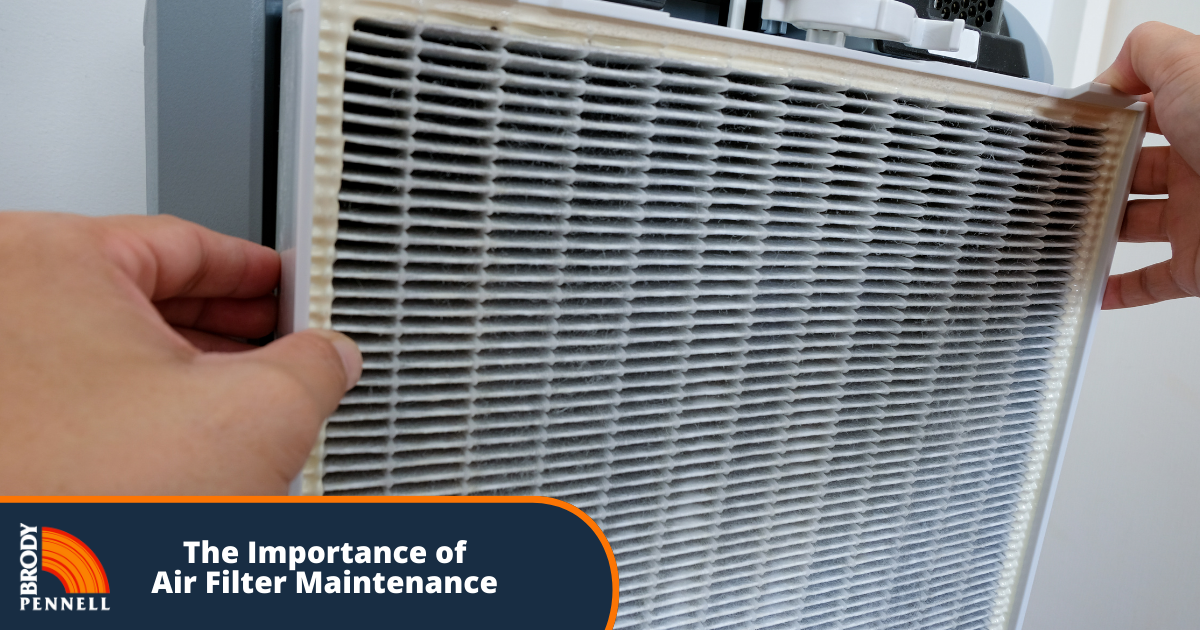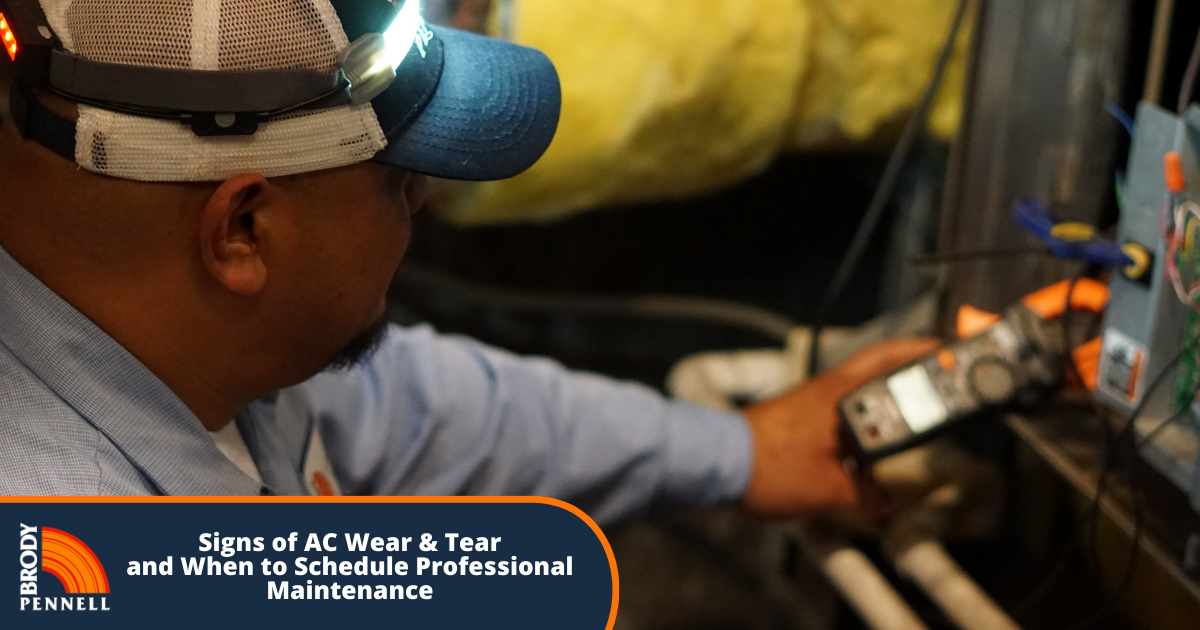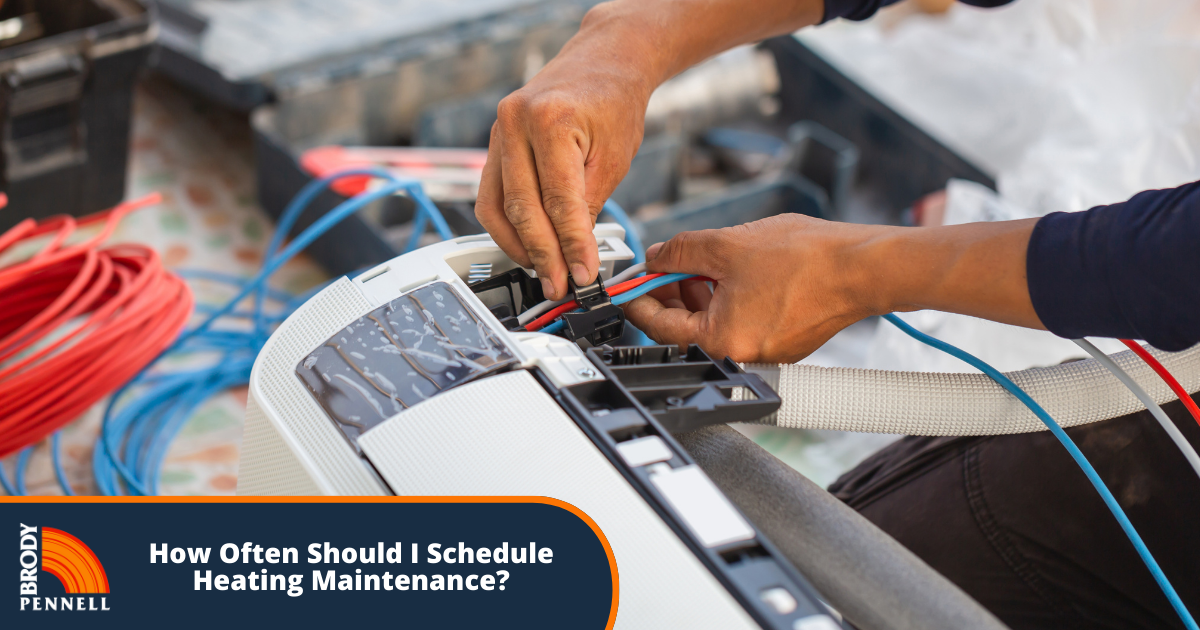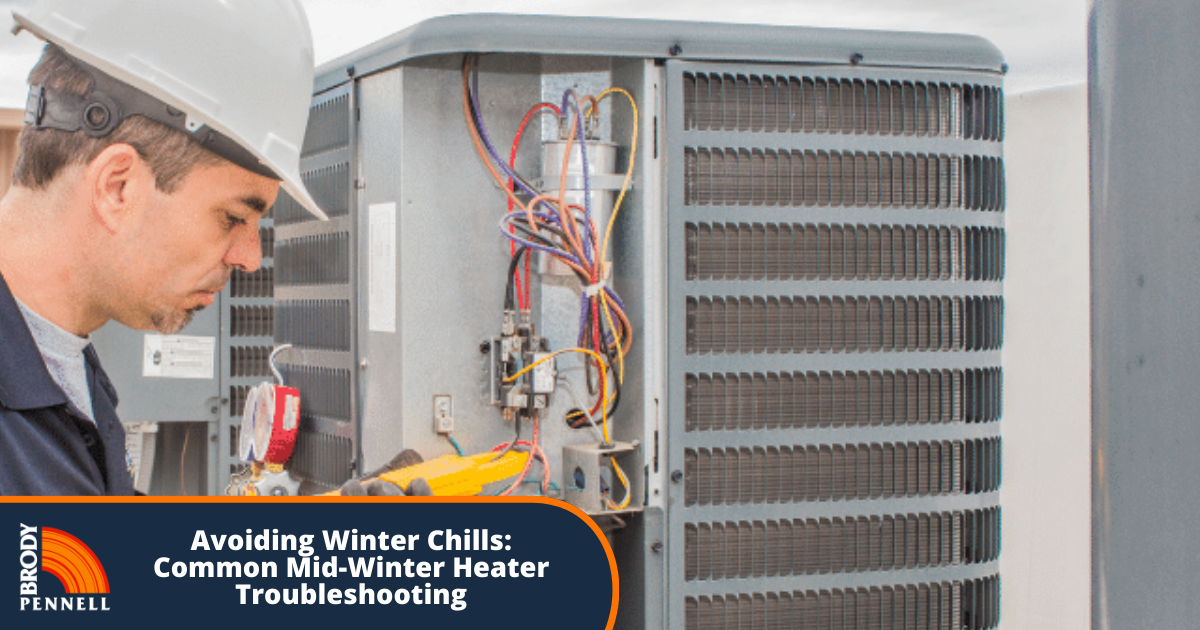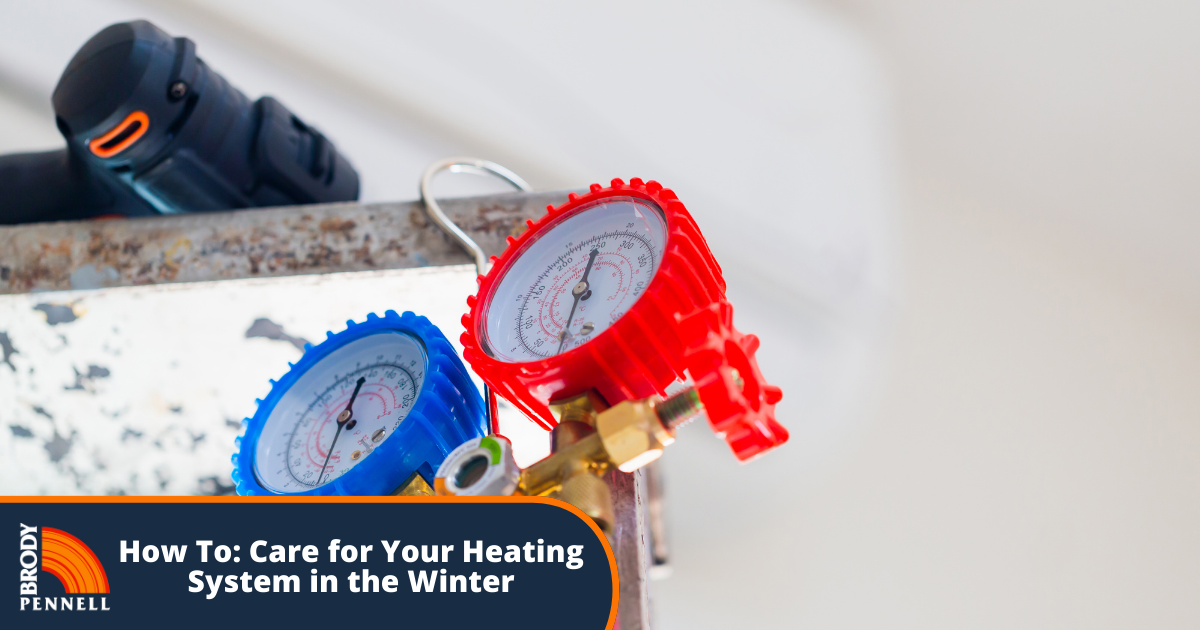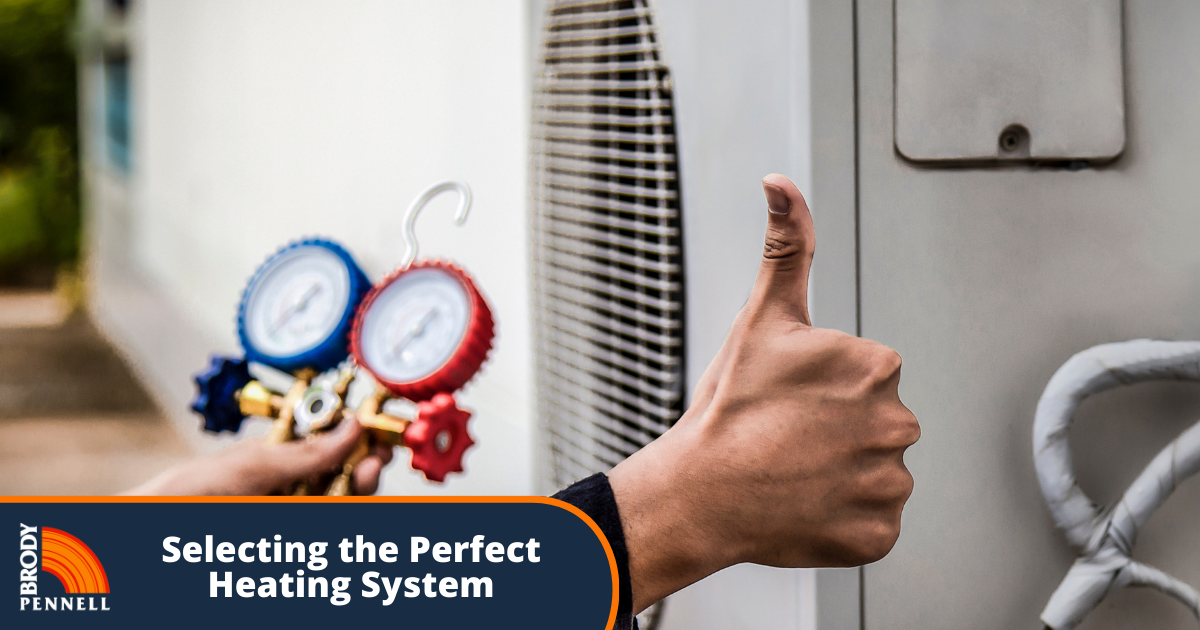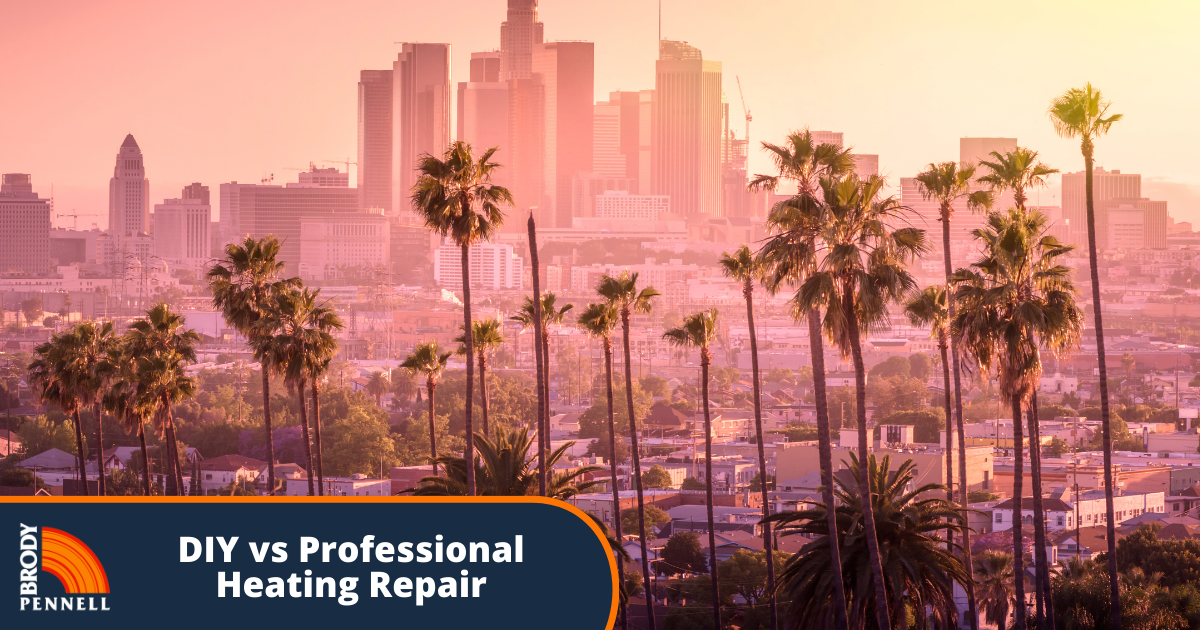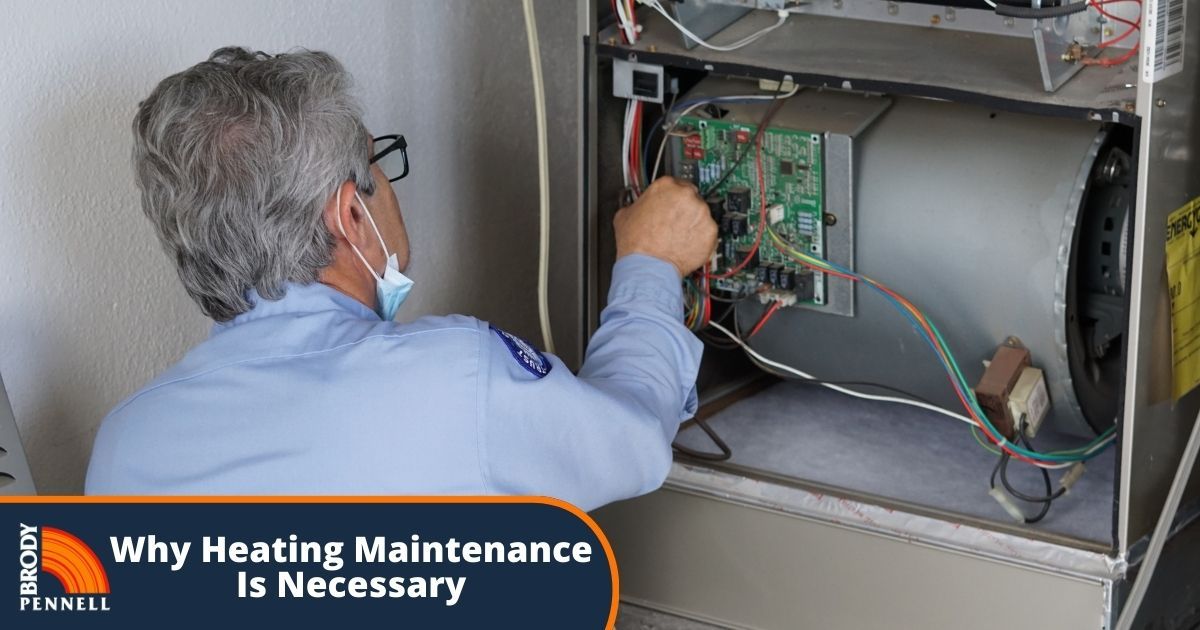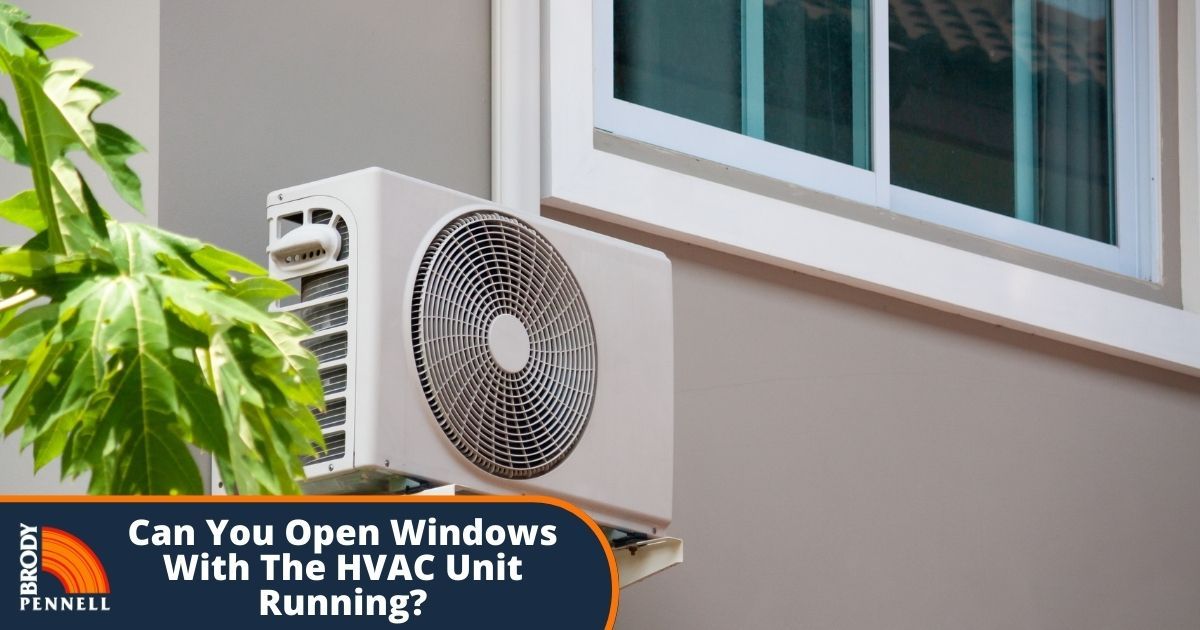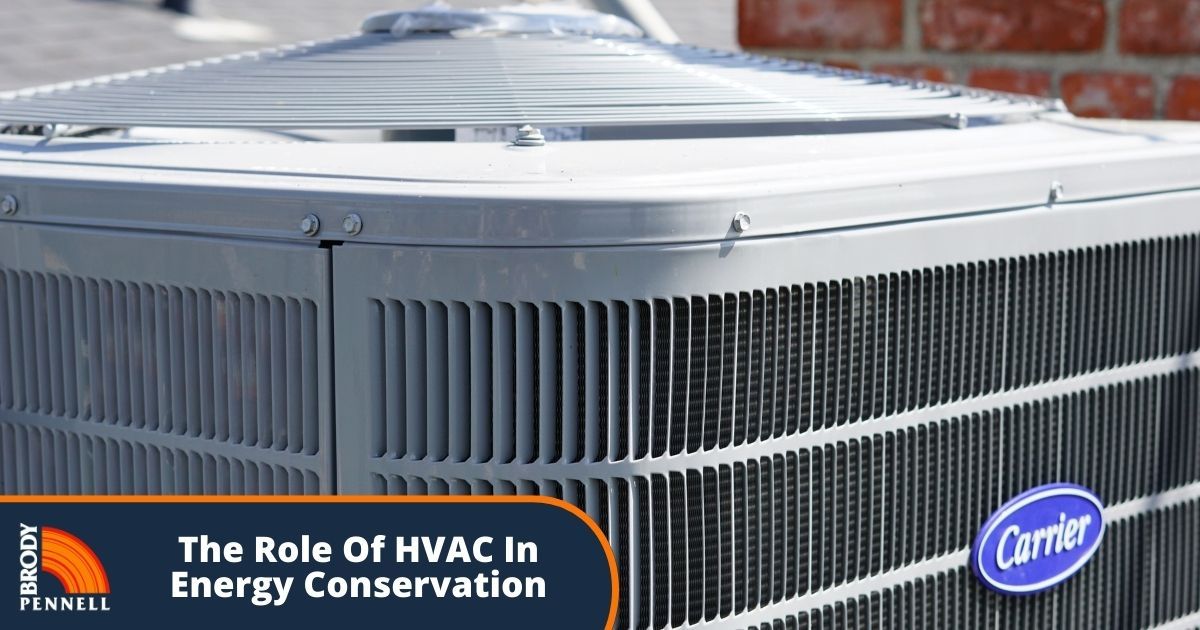The Importance of Air Filter Maintenance
Air filters serve as the unsung heroes in our quest for a healthier living environment, ensuring the air we breathe indoors is clean and free from harmful contaminants. They trap dust, pollen, and other particulates, playing a critical role in improving indoor air quality and the efficiency of HVAC systems.
However, like any other component of your home’s air conditioning or heating system, they require regular maintenance to function properly. Neglecting air filter maintenance can lead to a host of problems, including reduced energy efficiency, higher utility bills, and compromised air quality.
Understanding the Role of Air Filters in Indoor Air Quality
Air filters serve as the frontline defense in maintaining indoor air quality, directly impacting both the healthiness of the air we breathe and the efficiency of our HVAC systems.
Beyond purifying the air, maintaining clean filters ensures that HVAC equipment runs smoothly, reducing energy consumption and prolonging the life of the system.
Understanding how proper filtration benefits not just the air but also the overall operation of heating, ventilation, and air conditioning units underscores the necessity of regular air filter maintenance for optimal indoor environment and system performance.
What Air Filters Do for Your Home
Air filters act as a barrier against various contaminants such as bacteria, mold, and pollen, which can adversely affect indoor air quality. By capturing these harmful particles, filters improve the air within our spaces, making it safer for everyone, especially those with allergies or respiratory issues.
These vital components contribute significantly to the HVAC system’s efficiency. A clean air filter allows for unobstructed airflow, enabling the system to heat or cool the home more effectively. This not only enhances comfort but also keeps energy bills in check by preventing the HVAC unit from overworking due to blockages caused by accumulated debris.
Signs Your Air Filter Needs Maintenance
Reduced airflow and efficiency not only compromise comfort but also signal that the HVAC system is working harder than necessary, escalating energy consumption.
Unusual noises emanating from the HVAC unit often indicate blockages or issues stemming from dirty filters, while an uptick in dust accumulation around your living spaces suggests filters are failing to capture particulates effectively.
Acknowledging these signs and taking prompt action can significantly improve indoor air quality and HVAC performance.
Visible Dirt and Clogging
When an air filter is visibly dirty or clogged, it serves as a clear warning that it’s time for either a thorough cleaning or a replacement. This accumulation of dirt and debris hampers the filter’s primary function, which is to ensure clean air circulates throughout your home.
A clogged filter forces your HVAC system to work harder, which can lead to increased energy consumption and the potential for system damage over time. Addressing this issue promptly not only safeguards air quality but also contributes to the optimal performance and longevity of your heating and cooling equipment.
Unusual Noises From the HVAC Unit
Unusual noises emanating from your HVAC unit often serve as a red flag that something within the system, possibly the air filter, requires immediate attention. These sounds, ranging from whistling to banging, typically indicate that airflow is being obstructed by dirt or debris accumulation on the filter.
Addressing these auditory warnings promptly by inspecting and possibly replacing the air filter can avert more severe issues within the HVAC system. Such proactive maintenance not only ensures the smooth operation of your heating and cooling equipment but also sustains its efficiency and longevity.
Increase in Dust Around the House
An uptick in dust accumulation around your home often points to an air filter that’s struggling to perform its duty. This surge in particulates not only detracts from the cleanliness of your living spaces but also reveals that airborne debris is bypassing the filtration system, circulating unchecked throughout your home.
Attending to an increase in household dust by inspecting and potentially replacing the air filter can substantially uplift the indoor air quality. Quick actions like these prevent the spread of dust and allergens, contributing to a healthier and more comfortable environment for everyone.
How Often Should You Change Your Air Filter?
Determining the optimal frequency for changing your air filter isn’t a one-size-fits-all matter; it hinges on a variety of factors that influence indoor air quality and the operational efficiency of HVAC systems.
General guidelines provide a starting point, yet household specifics, such as the presence of pets, allergies among residents, and the surrounding environment, significantly dictate the need for more frequent replacements.
Additionally, seasonal variations play a critical role in filter maintenance routines, adjusting for periods of high usage to ensure consistent protection against pollutants and allergens.
General Guidelines for Filter Replacement
The quest to maintain pristine indoor air quality and HVAC system efficiency starts with recognizing the crucial role of routine air filter changes. Typically, it’s advised to replace your air filters every 90 days for standard residential settings, ensuring that airflow remains unimpeded and energy consumption stays low.
In homes bustling with pets, children, or allergy sufferers, the necessity for clean air is paramount, warranting a more frequent filter replacement schedule, ideally every 30 to 60 days. This adjustment ensures that the air circulating through your spaces is free from pet dander, pollen, and other irritants, thus safeguarding the health of the home’s occupants and the integrity of the HVAC system.
Choosing the Right Air Filter for Your Needs
Selecting the appropriate air filter for your home goes beyond just picking any filter off the shelf; it requires a deep dive into the specifics of filtration technology and understanding how it aligns with your indoor air quality goals.
The Minimum Efficiency Reporting Value (MERV) rating is a key factor in this selection process, as it indicates the filter’s ability to capture and remove different sizes of particulate matter from the air.
Balancing the need for cleaner air with the efficiency of your HVAC system is crucial, as too high a MERV rating could restrict airflow, while too low may not filter effectively.
For households with higher sensitivity to allergens or pollutants, High-Efficiency Particulate Air (HEPA) filters offer superior filtration capabilities, capturing particles as small as 0.3 microns.
Understanding MERV Ratings
The term MERV stands for Minimum Efficiency Reporting Value, a rating system that gauges an air filter’s efficiency in trapping airborne particles. This standard helps homeowners compare the performance of different filters consistently, ensuring they select one that meets their indoor air quality needs effectively.
Filtration efficiency, indicated by the MERV rating, directly influences both the air quality within a home and the operational efficiency of the HVAC system. Filters with higher MERV ratings capture smaller particles, which is crucial for households requiring a cleaner air environment due to allergies or respiratory conditions.
Prioritizing Air Filter Maintenance for Enhanced IAQ
Maintaining air filters is crucial for ensuring optimal indoor air quality and the efficient operation of HVAC systems. Regularly changing air filters prevents the circulation of pollutants and allergens, safeguarding the health of residents, especially those with allergies or respiratory issues.
Failure to keep up with filter maintenance can lead to increased energy costs, reduced system performance, and a decline in indoor air quality. Understanding and adhering to a proper maintenance schedule for air filters, choosing the correct size and type, and conducting periodic checks are essential practices for maintaining a healthy, comfortable, and energy-efficient living environment.
